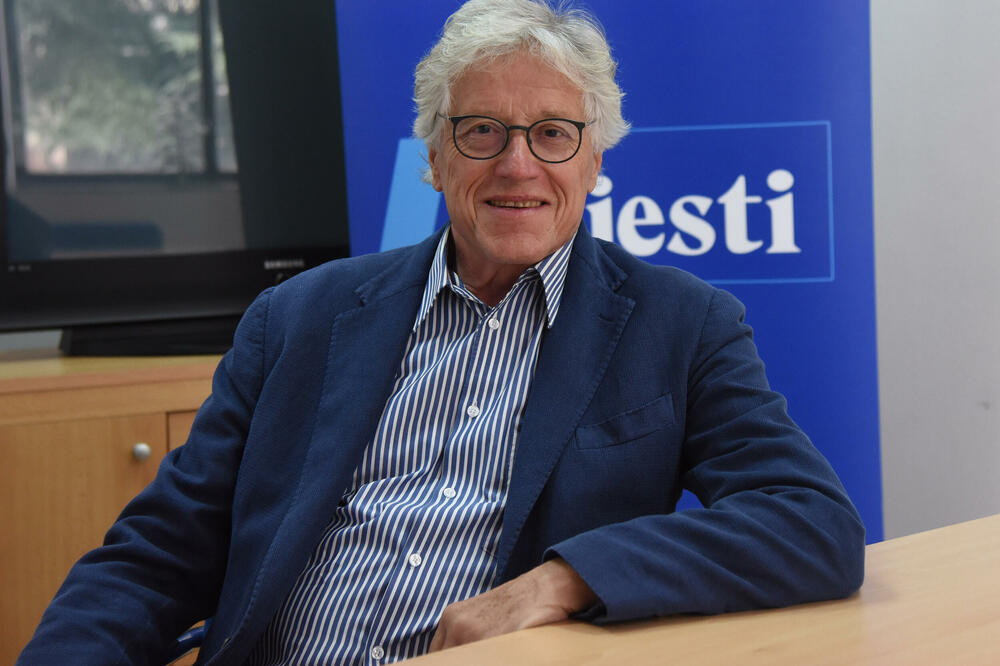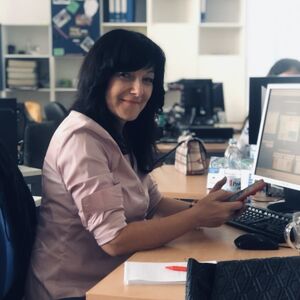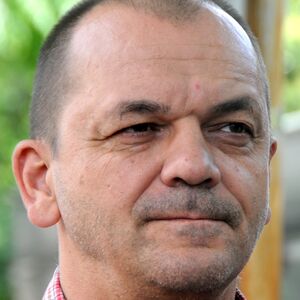It is not necessary for the so-called of stability to support a party that during 30 years caused great damage to the state and its citizens and whose governments only pretended to be dedicated to the path to Europe, said the former German ambassador to Montenegro, Peter Plate.
Plate was the ambassador in Podgorica from 2008 to 2011, and he came to Montenegro this month after 12 years, on vacation as a retired diplomat.
He said in an interview with "Vijesti" that he missed Montenegro, but that he only came now to enjoy its new political freedom.
He says that the new political forces should be given a chance, because the autocratic system cannot be changed overnight.
Plate does not believe that, when it comes to European integration, the EU will repeat its lenient approach from 2007 and believes that Montenegro should honestly communicate and negotiate with Europe in order to best compensate for the lost time under the rule of the DPS.
He is disappointed by the situation in the Ulcinj Saltworks and the fact that awareness of environmental issues is still low in Montenegro.
During your farewell visit as German ambassador to Prime Minister Igor Lukšić in 2011, you said that you would return to Montenegro as a tourist. Why did you wait 12 years to come here on vacation?
You can imagine how much I missed Montenegro, but I decided to come only now to enjoy the new political freedom in Montenegro: Mr. (Milo) Đukanović is no longer the president of Montenegro and the Democratic Party of Socialists (DPS) no longer has a majority in the parliament. New forces and parties appeared on the political scene. I am here to familiarize myself with these new developments.
Diplomats around the world tend to be very tight-lipped about their words in public, but you have spoken more than others about what is going on. What is the most important thing for the citizens of Montenegro that you wanted to say as ambassador at the time - but you didn't do it for some reason - what can you say now as a retired diplomat?
Well, if I remember correctly, there's not much I didn't say. On the contrary, I was quite open because I wanted to help the country. On the one hand, I saw the DPS Government only pretending to be engaged on the road to Europe, and on the other hand, I felt the need to support many dedicated young people working in non-governmental organizations or opposition parties, who were truly convinced that the future of their country lies in membership in the European Union with its values of democracy, human rights, media freedom and responsibility for one's actions.
I assume you talked to a lot of people here during your vacation, your friends, politicians, I know you met with Mr. Peter Felten, the current German ambassador to Montenegro, etc. What is your impression of what has changed in Montenegro? Why?
Yes, I have noticed quite a change in people. They seem to be much more relaxed now than they were a decade ago, as if a heavy burden has now been released. When I met my friends or NGO activists now, they didn't switch off their mobile phones or take out the batteries. A touch of democracy is now in the air, although some of them are still worried about the difficulties in forming a new government.
I would suggest that you give the new political forces a chance and be patient and wait for them to learn their job. You cannot change an autocratic system overnight, nor can you act undemocratically...
Your mandate as German ambassador also included Mr. Đukanović and Mr. Lukšić as prime ministers, both from DPS? Were there any differences between them as prime ministers, and if so, what were they?
The guidelines I received from my government were to monitor and support the Government of Montenegro in the process of European and Euro-Atlantic integration. What I soon discovered after my arrival here was a kind of doublespeak (double meaning speech). Especially the president and his "shadow" minister of foreign affairs (Milan Roćen), together with the leaders of the DPS, publicly supported European and Euro-Atlantic integration. However, in reality, especially when it comes to European integration, the various forms of technical and capacity assistance that the EU, Germany and other countries offered to prepare the way to the EU were not properly used. For example, I remember very well the courses offered by various German agencies, which were attended by "mannequins", people who had nothing to do with the subject of the course and who were nominated just so that the Government could get another jolt on its way to Europe. How frightened they were when I revealed this scheme after announcing the end-of-course test!
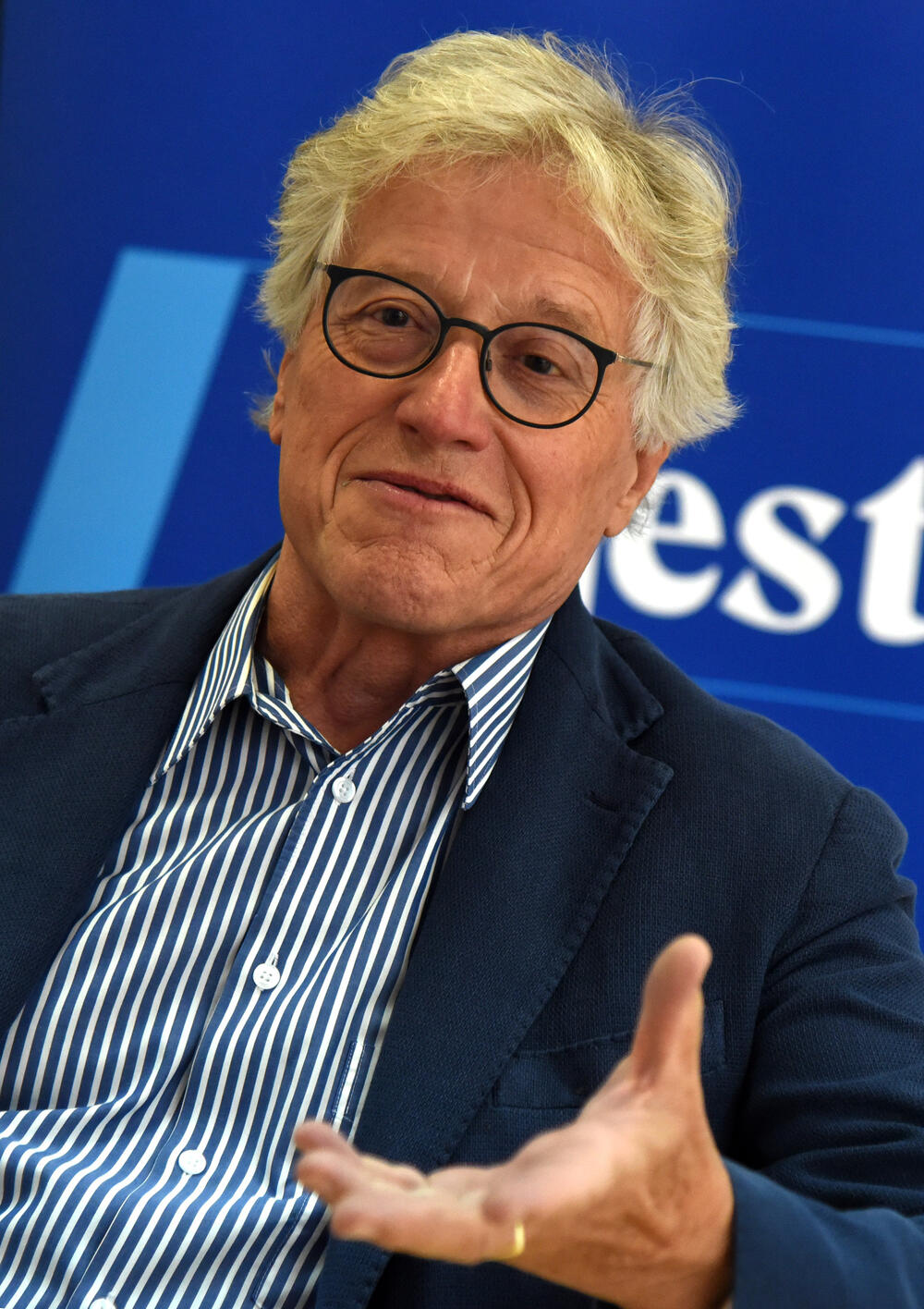
I remember numerous honest conversations with Mr. Lukšić. I thought more than once that Mr. Lukšić, unfortunately, chose membership in the wrong party. His dismissal from the post of prime minister did not surprise me.
While you were in Montenegro in 2011, you said that at that time the rule of law in Montenegro was just a dead letter. Why was it like that, why did the real reforms not happen faster - was it because of the famous saying "we know that they know that we know that they are lying to us"? Whose fault is it? Why?
The reasons for this are well known to people in Montenegro. For a functional rule of law, not only on paper, it is very simple: it is necessary to have an independent and efficient judiciary, an independent and efficient state prosecutor's office and an independent and efficient police. As long as you allow people appointed by former DPS leaders to run these institutions, reforms will not be implemented and the real rule of law will not be realized.
This is a question from your interview for "Vijesti" from 2011: "You are one of the fiercest critics of the judicial system in Montenegro. The president of the Supreme Court, Vesna Medenica, stated that your criticism is unfounded... Do you think that the judiciary and the prosecution are independent?" Could you please answer the same question regarding the current judiciary and prosecution?
I do not think that Mrs. Medenica would be in Spuž for half a year under the political system before 2020. I am convinced that Europol has enough evidence about how organized crime and the mafia infiltrated the institutions, and they could provide this evidence in time after the change and true reform in the judicial system.
Montenegro has now had a technical Government for 17 months, the Assembly cannot function four months after the elections, the highest positions in the judicial system have been in acting status for years. DPS is no longer in the government for three years. Why is it like that?
First, I would recommend that you do not look back and support for the sake of the so-called. stability to a party that during 30 years caused great damage to the country and its citizens. I would suggest that you give the new political forces a chance and be patient and wait for them to learn their job. You cannot change an autocratic system overnight, nor can you act undemocratically. You have to go through regular procedures to replace all those people who were appointed by the former leaders to support the autocratic system and prevent their prosecution for abuse of office. Perhaps the EU and its members could do more to help the new democratic forces cope with this delicate transformation.
Can Montenegro become the next EU member? Why? What should he do?
We should not believe that "we are small and beautiful and we have waited long enough as a candidate, the EU will accept us as we are." I also don't believe that there is any place for the argument that I have heard several times here: "Montenegro is a negligible size for the EU and will slip into Europe in the next round of accession".
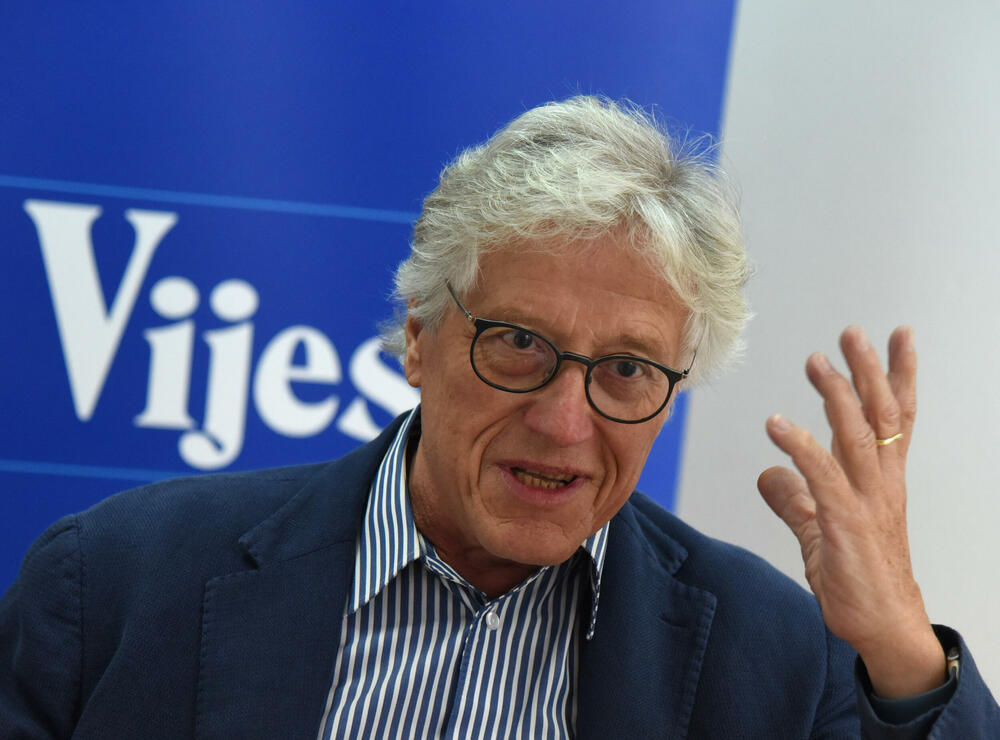
On the contrary, Montenegro should communicate and negotiate with the EU in an honest and open way about how best to make up for lost time under DPS rule in order to reach EU standards - and implement those reforms!
In this way, Montenegro will be in a "pole position" to become the first next member of the EU. The next Montenegrin government should be well aware that the last round of accession of Southeast European countries was carried out with East-West strategic thinking, although several of these countries were not ready. To this day, those countries are struggling to reach those standards, and a significant number of EU members have become impatient and more critical. The international situation is completely different today. I do not believe that the EU will repeat its lenient approach from 2007.
"Football-gate" and Roćen's revenge
Mr. Roćen was the Minister of Foreign Affairs, what was the cooperation between the two of you like? You were harshly attacked by the media close to him, for example because you were with Bulgarian officials, who gave you tickets, to the football match between Montenegro and Bulgaria in Podgorica. How do you view these attacks today?
Today I appreciate your question about the football incident and I am happy to explain what actually happened. In the Ministry of Foreign Affairs, we have a policy of not reacting publicly in cases where the ambassador is put in a difficult situation, even if he is completely innocent. You can call what happened Roćen's revenge. I worked flawlessly in the country for almost three years, except for criticizing the DPS Government. I did not give in to the temptations offered to the ambassadors. What I would 12 years later call "Football Gate" was in reality the inability to get a single ticket for my embassy for that game. Neither our driver could buy a ticket on the first day of sales at the stadium, neither the mayor of Podgorica whom we contacted was helpful, nor the Football Association of Montenegro. You can imagine how happy I was when two days before the game the Bulgarian ambassador, who didn't care about football and preferred to go hiking, offered me her ticket. What I didn't know was that it wasn't a VIP ticket, but a seat ticket in the Bulgarian block. In my defense, I can say that I was not the only diplomat, and other members of the embassies, even the EU representative office, were in the same bloc. But Mr. Roćen saw only me. And he didn't want to notice that I didn't have anything to indicate that I supported Bulgaria. I didn't wear a scarf, I didn't wave a flag, I didn't jump when Bulgaria scored a goal. Mr. Roćen was desperate to satisfy his thirst for revenge and instrumentalized his media.
The new government to take environmental obligations seriously
What hasn't changed in Montenegro? Why?
What clearly hasn't changed is the low awareness of environmental issues. Montenegro, as the first country to declare itself an ecological state in the Constitution, still distributes plastic bags for free! During my stay here, I photographed trees in winter with plastic bags hanging from their branches instead of leaves! And these bags also end up in the water and cause damage to the underwater world. Moreover, nowadays you have to pay in the store if you want a paper bag. It's an upside down world! I am glad to hear that the Government has recently sent legislation to Parliament to ban plastic bags.
I'm also surprised to see so many cars on the streets. Podgorica, Ulcinj and other coastal cities are full of cars even during this late tourist season. I hardly saw any cyclists, not even in Podgorica, even though it is a flat terrain. People prefer to drive their cars, get stuck in traffic jams and endlessly circle the block looking for a parking spot.
Traveling now as a tourist through Montenegro, it seems to me that public transport is almost non-existent. Apart from the connections between Podgorica, Budva and Kotor, it is quite difficult to go on day trips, for example to and from national parks or from smaller coastal towns like Petrovac to Podgorica. There is only one direct bus in the late afternoon, and only one way! If you are traveling from Petrovac to Herceg Novi, you must change buses in Budva. You have to plan your transportation carefully and get up early!
I would appeal to the next government to take seriously the environmental obligations of its Constitution. Climate change has also arrived in Montenegro! Of course, I enjoyed the nice weather and warm sea in October. We all benefit from this phenomenon today, but what about future generations? You cannot expect people to change their habits and contribute to the fight against climate change unless you motivate them.
The next government should implement sustainable transport solutions such as an efficient public transport system with intermodal connections and provide infrastructure such as safe cycle paths. Bicycles do not pollute!
Finally, a word about ecology: I visited Solana Ulcinj to see the progress made so far in the protection of this unique biodiversity, and I must express my deep disappointment that there are still many legal issues to be resolved there.
Bonus video:



